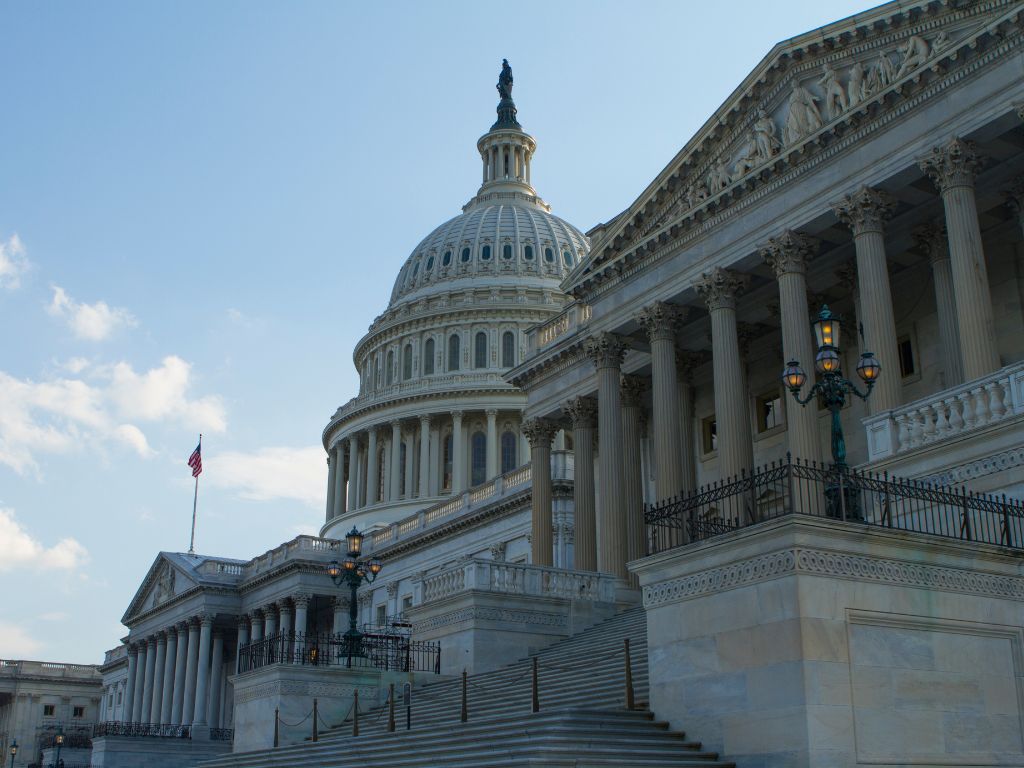FAQs about Federal Government Contracts for Small Businesses

Embarking on the journey of securing federal government contracts can be daunting for small businesses. To demystify the process and address lingering questions, we’ve compiled a list of frequently asked questions (FAQs) tailored specifically for small enterprises venturing into government contracting. 1What Are the Eligibility Requirements for Small Businesses to Bid on Federal Contracts? Small […]
Unlocking Opportunities: Federal Government Contracts for Small Businesses

Federal government contracts offer a wealth of opportunities for small businesses to grow and succeed. In this blog, we delve into the specifics of federal contracts designed to support small businesses, providing valuable insights for entrepreneurs seeking to tap into this lucrative market. 1. Understanding Set-Aside Programs Set-aside programs reserve a portion of federal contracts […]
